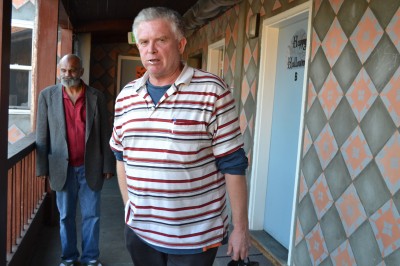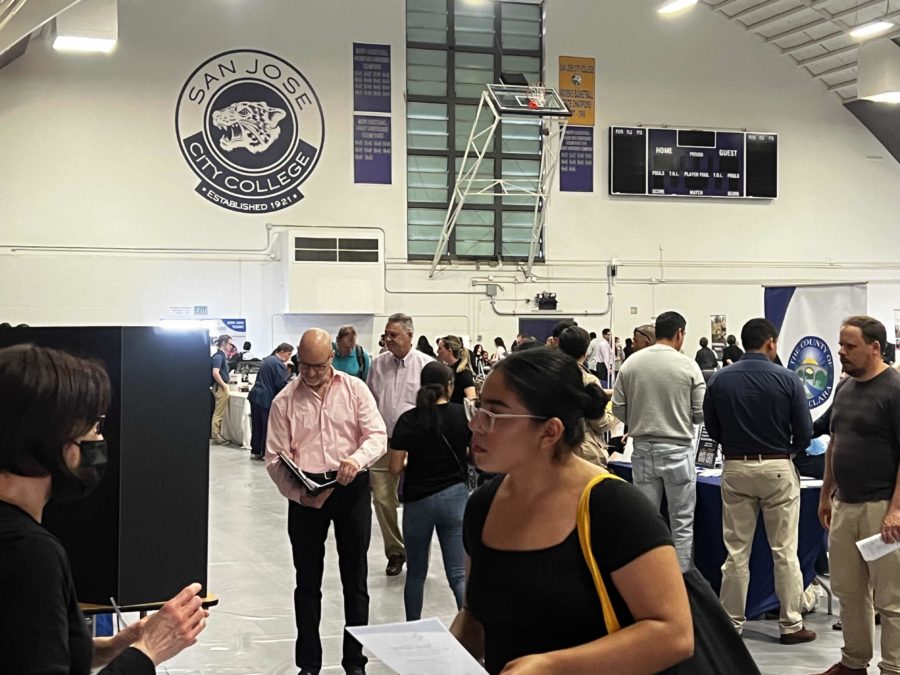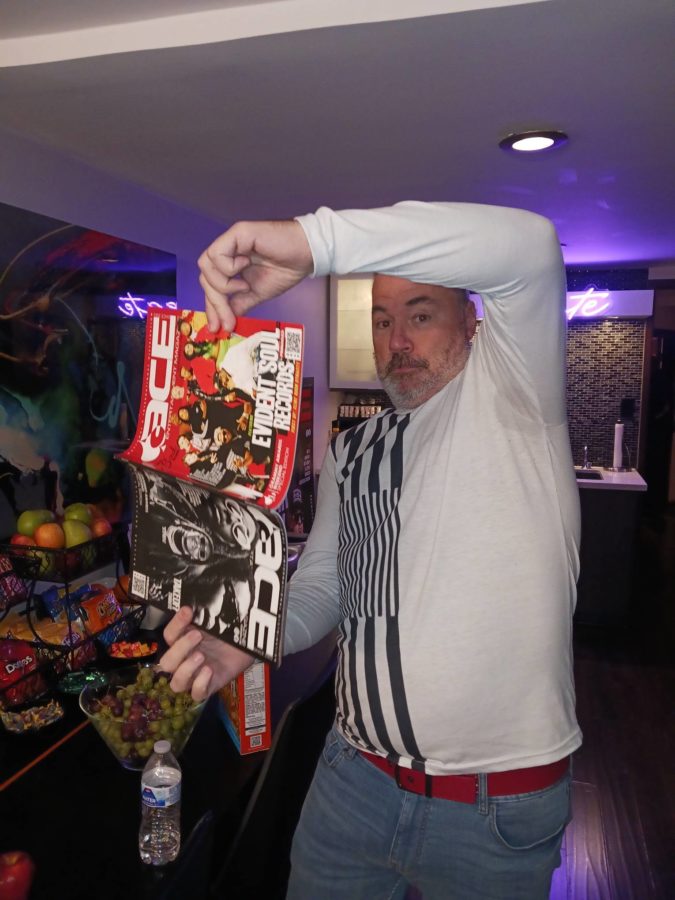 [/media-credit]
[/media-credit]
Kabli served six years in the Pakistani air force and was a fighter pilot with a degree in aero science from Punjab University in Pakistan.
Through the support structure he already had in place, he was referred to Julian Street Inn in San Jose, an emergency shelter for the homeless.
Julian Street Inn, part of Innvision Services, is the largest nonprofit provider of housing and homeless services in San Jose. It is the only emergency psychiatric shelter in Santa Clara County.
The homeless can be admitted for the first 30 days free with the possibility of a one or two month paid extension at $250 per month, Case Manager Jeff Gielow said.
Clients come from mental health care community centers and are referred by courts, hospitals and other care programs.
As JSI has 71 beds, admission can often take up to a couple of weeks.
Clients have the following required guidelines: They must be clean and sober, nonviolent and cannot engage in sexual harassment. Socialization and education by attending daily meetings is an important component of JSI’s program.
Each individual has chores and must maintain good hygiene and keep to his or her medical regimen. In all these areas, Innvision provides help and support.
Several different case managers are assigned individually to clients to assist in helping them achieve their desired goals.
Brad Russman, 51, is a native of Colorado and has lived in California for 25 years.
Partly because of the stress of his job, he started drinking and stopped taking his medication, he said. His family was too afraid of his behavior to let him stay with them.
Russman was left wandering the streets, his car was impounded, and he was arrested at a local market while he thought he was trying to inform the owners of a shoplifter, he said.
He was in jail for three weeks before being admitted to JSI. Now he is taking his medication on a regular basis, he said.
Pamela Turner, a San Jose City College counselor, said she knows of a few students who are homeless. Some are young people who don’t want to live under the rules of their family’s household, and get by sleeping at their friends homes.
The change in the homeless situation, Turner said, happened during Reagan’s presidency from 1981 to 1989. Those budget cuts resulted in large numbers of mentally ill being released to the streets, with only those who were a threat to themselves or others remaining as inpatients.
To keep this in perspective, Turner said, “You can’t do school if you can’t do life.”






